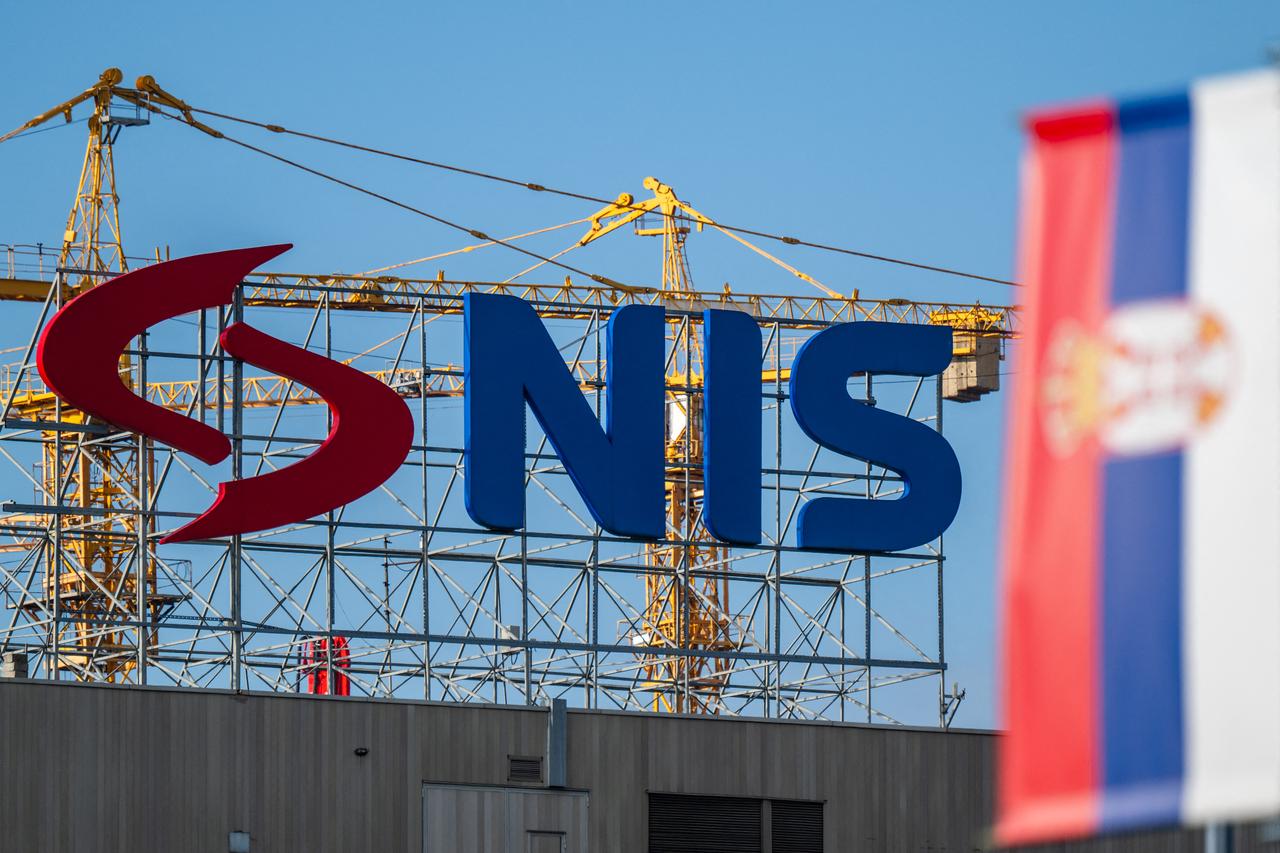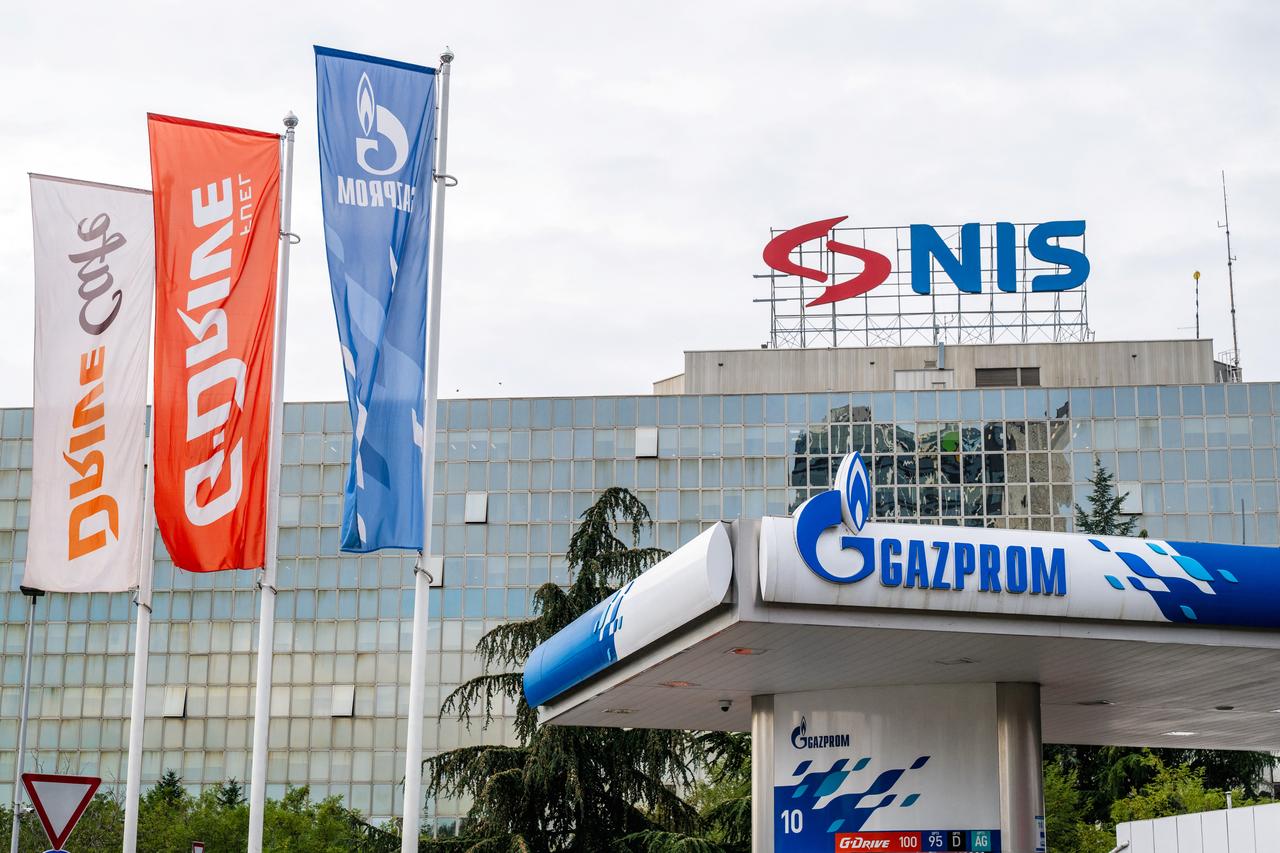
U.S. sanctions on Serbia’s majority-Russian-owned oil company, NIS, took effect Thursday after months of delay, raising concerns about fuel supply disruptions in the Balkan nation.
The Petroleum Industry of Serbia (NIS), which operates the country’s only refinery and is its largest fuel supplier, confirmed that it failed to secure another waiver from the U.S. Treasury Department. The company had been under temporary exemptions since Washington first announced sanctions in January as part of its broader crackdown on Russia’s energy sector following Moscow’s 2022 invasion of Ukraine.
In a statement Thursday morning, NIS said it “had not yet been granted an extension of the special license from the U.S. Department of the Treasury.”
“NIS is working to overcome this situation,” it said, adding that it would continue discussions with Washington to seek removal from the sanctions list.
The company said it currently has “sufficient crude oil reserves for processing” and that petrol stations remain “fully supplied with all types of petroleum products.”
Serbian President Aleksandar Vucic warned earlier this week that the sanctions would have a serious impact, particularly on the financial sector.
“There is no bank in the world that would risk violating U.S. sanctions,” Vucic said.
NIS, which operates roughly 350 petrol stations across Serbia, confirmed that payments with foreign credit cards were expected to stop, leaving customers to pay with Serbia’s domestic cards or cash.

Despite the sanctions, NIS Retail Director Bojana Radojevic told the state broadcaster that “our sales are operating as normal,” urging motorists not to panic buy.
“There are no restrictions when it comes to the quantities customers can purchase,” she said.
The refinery in Pancevo, near Belgrade, has an annual processing capacity of 4.8 million metric tons.
Croatian pipeline operator Janaf, which supplies crude to NIS, said it could lose up to €18 million ($21 million) this year as a result of the sanctions.
“The expectation that the U.S. will lift the sanctions is irrelevant. They (NIS) put themselves in such a position, and they have to resolve it,” Janaf chairman Stjepan Adanic told Croatian broadcaster HRT.
Economist Goran Radosavljevic warned that the sanctions could ripple through Serbia’s economy, affecting sectors ranging from banking and agriculture to aviation.
“The financial sector will have to stop working with NIS—halt all transactions and cooperation immediately—to avoid being considered a bank dealing with a sanctioned entity,” he told Agence France-Presse (AFP).
He also noted that NIS supplies more than 80% of Serbia’s diesel and petrol, meaning the impact could be significant.
“A complete exit of the Russian holding from the company is unlikely,” Radosavljevic said. “Russia does not want to sell its shares. While NIS represents only a small portion of Gazprom’s revenue, its political importance is huge.”
NIS is 45% owned by Russia’s Gazprom Neft. Last month, its parent company, Gazprom, transferred an 11% stake to a St. Petersburg-based firm, Intelligence, which is also linked to the Russian energy giant.
The Serbian state owns nearly 30% of NIS, with the remainder held by minority shareholders.
Despite pressure from the West, Serbia has refused to impose sanctions on Russia while continuing to pursue European Union membership. The country remains heavily reliant on Russian gas, and a key supply contract signed in 2022 is due to expire soon. Negotiations for a new deal are underway.